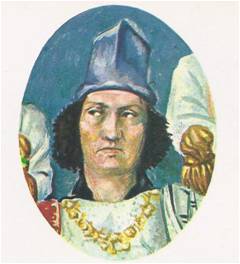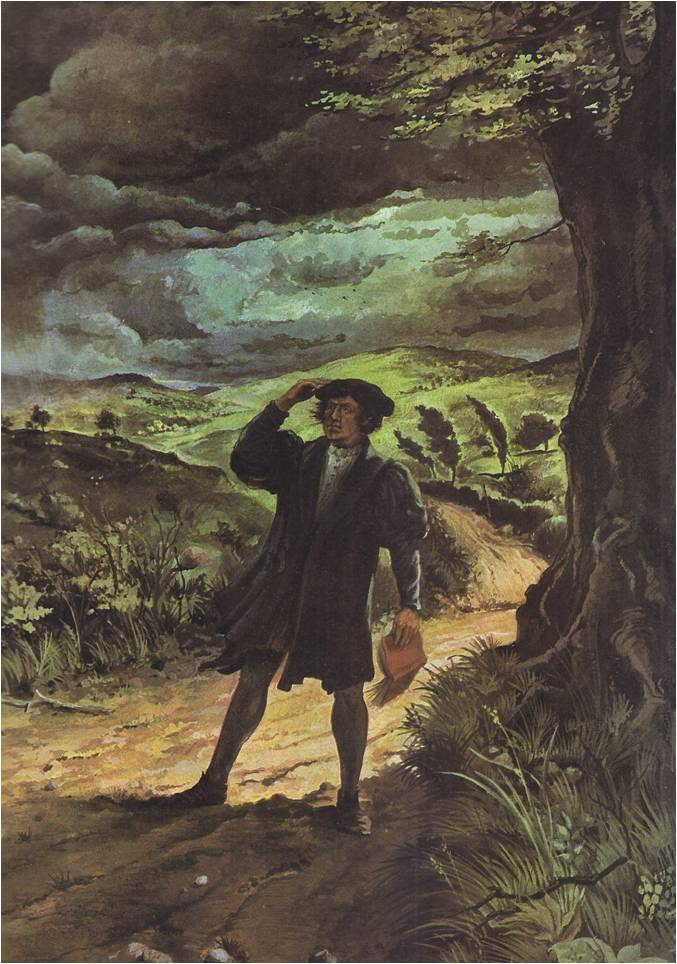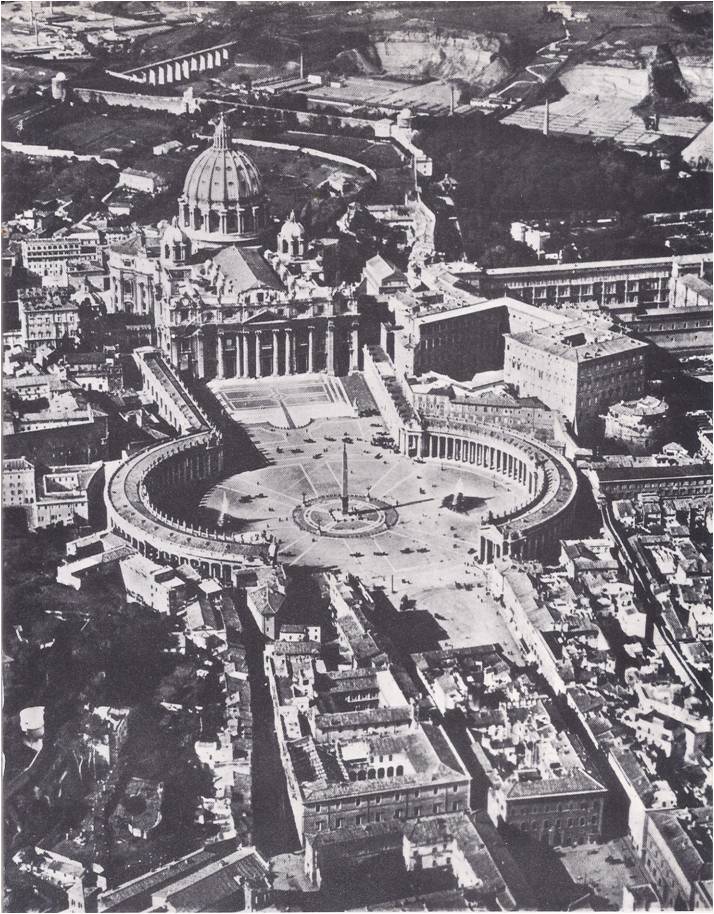There he sat in the great hall in the German city of Worms. His bright eyes and wide forehead gave him an air of distinction. You would not quickly forget that face. Before him was gathered an assembly of high ranking nobles and churchmen from many parts of Europe. For this man was Charles V, Emperor of the Holy Roman Empire, Archduke of Austria, ruler of the Netherlands and half of Italy, as well as King of Spain and master of Spain’s vast possessions in the New World. Yet Charles, who belonged to the famous Hapsburg family of Austria, was …
Read More »War in Korea 1945-1953
Although the cold war was the most important fact in the politics of the post-war world, few persons could have foreseen that it would lead to fighting in the small, remote country of Korea. Yet, as small and remote as it was, Korea had a strategic location. It was near three large powers — Russia, China and Japan — and the Japanese said it “points like a dagger at the heart of our country.” The Japanese won control of Korea in the Russo-Japanese War and by 1905 they ruled it as part of their empire. During World War II, the …
Read More »A World at War 1939 – 1941
Now the people of Europe began to hear a new sound, a sound that would haunt them throughout the years of war — the wail and shriek of air-raid sirens. At night, the lights of Europe went out and the “blackout” made familiar streets strange places of darkness. Street lamps were left unlit and windows were covered with heavy draperies. Any stray gleam of light might help guide enemy bombers to their targets. Hurrying about their wartime duties, the people of Britain and France began to wonder. They had not wanted war and yet war had come. Why? What had …
Read More »“Peace in Our Time” 1938 – 1939
Czechoslovakia was a country of many peoples. The largest groups were the Czechs and the Slovaks, but in the region called Sudetenland lived 3,000‚000 Germans. Although Sudetenland had never belonged to Germany — it had once been under the rule of Austria — Hitler was determined to “bring the Sudeten Germans home.” The Nazis had been active in Sudetenland for some time and after Hitler took over Austria they became busier than ever. Throughout the spring and summer of 1938, the Sudeten Germans made demands on the Czech government. In Germany, there were threatening troop movements. Hitler also began the …
Read More »Emperor of the French 1804 -1815
On December 2, 1804, in a ceremony of great pomp and splendour at the cathedral of Notre Dame in Paris, Napoleon Bonaparte was crowned Napoleon I, Emperor of the French. Pope Pius VII was there. He had come from Rome to offer his blessing and to place the crown on the head of the new emperor but Napoleon did not do what was expected of him. Instead of kneeling, he took the crown from the Pope’s hands and put it on himself. He also placed a crown on the head of his wife, Josephine. Only twelve years had passed since …
Read More »The Sun King 1642 – 1715
ALL HIS LIFE Cardinal Richelieu had been a sick man, but by the spring of 1642 he was dying. He carefully made his will, leaving to the king his elegant town house, eight sets of tapestries‚ and three beds. On December 2, he received the last sacraments of his church. “Does your Eminence pardon your enemies?” asked the priest and Richelieu answered, “I have no enemies but those of the State.” When Louis XIII learned that Richelieu had died, he said, “A great statesman is dead.” To take Richelieu’s place, Louis chose Jules Cardinal Mazarin, Richelieu’s own choice for his …
Read More »France Becomes a Great Nation 1453-1631
WHEN MORE than a century of war between England and France ended in 1453, it was the French king, Charles VII, who was victorious. Although he had driven the English out of France, Charles found himself the king of a sad land. During the wars the great French nobles had fought among themselves as bitterly as they had fought the English and they had become so powerful that they no longer respected their king. France itself was devastated, the people poor and hungry. Paris had been half ruined. Wolves prowled the city by night and twenty-four thousand houses stood empty. …
Read More »The Monk from Wittenberg 1505-1546
ON A SULTRY JULY DAY IN 1505, a young law student, Martin Luther, was walking along a country road in Germany when a summer storm blew up. The air grew heavy and black clouds filled the sky. Before Luther could take shelter, thunder began to crash. A bolt of lightning struck the road almost at his feet. Thrown to the ground, he lay shaking, not certain whether he was alive or dead. “Help me, Saint Anne,” he cried, “help me and I will become a monk.” After a moment, Luther’s trembling stopped. He stood up, found that he was not …
Read More »Rome, the City of the Pope 1492-1564
In 1492, young Giovanni de’ Medici bade farewell to his father, Lorenzo the Magnificent and left Florence to take his place in Rome among the cardinals of the church. At sixteen, Giovanni was a nobleman in the court of the pope, a man of influence and power. That was fortunate, for when Giovanni was eighteen, his family’s power collapsed. The Florentines drove the Medici from their city and Giovanni, who had come home for a visit, narrowly escaped being stoned by the citizens who once had cheered him. As he crept out of the city, disguised as a poor friar, …
Read More »







